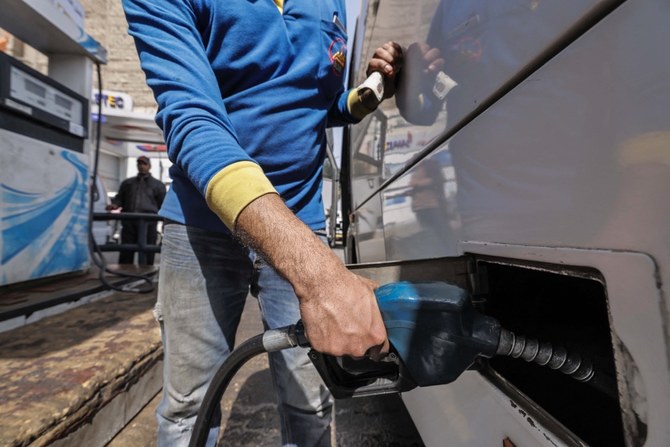
Tunisia raised fuel prices by four percent on Saturday, following four consecutive hikes in 2018, in an effort to rein in its budget deficit and reduce it to about 3.9 percent of the GDP after it reached 4.9 percent last year, announced the Ministry of Industry.
Based on the ministry’s statement, gasoline was increased 0.080 Tunisian dinars to 2.065 dinars, sulfur-free diesel 0.080 Tunisian dinars to become 1.825 dinars and diesel became 1.570 dinars after a 0.090 dinar hike.
The ministry explained that the hike was introduced in light of the rise in global prices after the price of crude oil reached $68 a barrel.
However, the ministry asserted that the price of liquefied petroleum gas (LPG) used in households has not been adjusted.
Tunisia aims to introduce reforms requested by the country’s international lenders, the government said in the first hike this year.
Through these repeated increases, Tunisia is responding to one of the conditions of the International Monetary Fund (IMF) and a number of international financing and lending institutions that have demanded a three-month automatic adjustment to fuel prices in an attempt to reduce the budget deficit, which is largely linked to spending on energy subsidies.
Tunisias financial and economic expert Ezzeddine Saidan predicted that these increases would continue as long as international oil prices are on the rise.
He pointed out that the Finance Ministry adopted in the 2018 budget reference oil prices within the range of $54, and soon oil prices exceeded the threshold of $70, which left a large financial gap, and forced the government to pass a supplementary law to overcome the scarcity of financial resources and a growing budget deficit.
The Tunisian Confederation of Industry, Trade and Handicrafts objected the repeated fuel price hikes. Head of the confederation, Samir Majoul, said the measures will have many repercussions on the Tunisian economy.
He warned that the price increase will cost investors additional funds which they can’t afford, and will be negatively reflected on a number of economic activities such as transportation, electricity, gas and various industrial production processes.
The Ministry of Finance indicated that every dollar increase in oil prices requires additional financial resources of about 120 million Tunisian dinars from the state budget, stressing that the government cannot make such expenditures in light of a drop in production and exports.
The 2019 budget allocated 2.1 billion dinars for the petroleum industry, and the government said the total energy deficit amounted to one third of the trade deficit in 2018, which reached 19 billion dinars.
Tunisias oil production has significantly dropped in the past years, reaching an average of 42,000 barrels per day (bdp). Before 2011, oil production was in the range of 80,000 bpd, covering about 48 percent of the countrys petroleum needs.












